You’re mindful about what you eat, where your food comes from, and maybe even how it’s grown. But have you ever considered the cookware you’re using?
Certain pots and pans can introduce heavy metals, synthetic chemicals, and harmful coatings into your food, affecting your health over time. As part of a functional approach to wellness, reducing exposure to environmental toxins—including those from cookware—can play a key role in overall well-being.
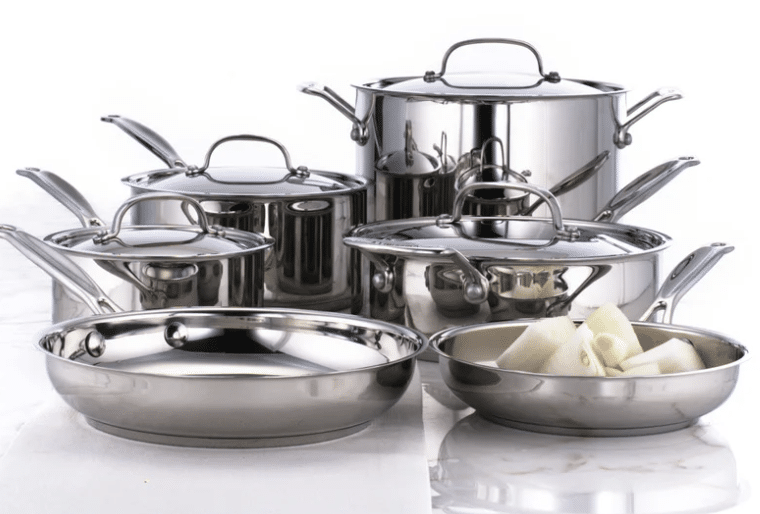
This guide explores the potential dangers of common cookware materials, the science behind their health risks, and the best alternatives for a toxin-free kitchen.
What Are Environmental Toxins, and Why Should You Care?
Environmental toxins are substances in our surroundings—air, water, food, and household products—that can negatively impact health. These toxins accumulate in the body over time, contributing to inflammation, hormonal imbalances, and chronic diseases.
Cookware is often overlooked as a source of exposure. However, research shows that certain metals and chemicals from cookware can leach into food, potentially leading to neurological disorders, endocrine disruption, and respiratory issues. As a health coach, understanding these risks can help guide clients toward safer choices that align with their wellness goals.

The Best Non-Toxic Cookware for Healthy Cooking
Choosing the right cookware is about more than just durability—it’s about minimizing potential health risks. Here are some of the safest cookware options:
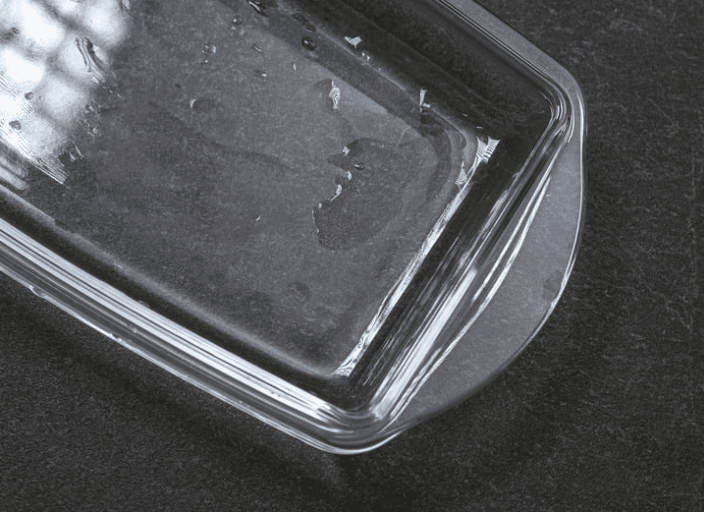
- Glass Cookware: A Functional Medicine Favorite
- Why it’s safe: Pure tempered glass contains no heavy metals or synthetic coatings, making it an inert material that won’t leach into food.
- Ideal for: Baking, storing, and reheating meals.
- Things to consider: Glass cookware can break under extreme temperature changes (thermal shock), so gradual heating is best.
- Porcelain-Enamel-Coated Cookware
- Why it’s safe: Made by fusing powdered glass onto metal, this non-reactive coating prevents leaching of harmful substances.
- Common concerns: Some older or lower-quality enamel cookware may contain lead. Choose brands that meet safety standards and are certified lead-free.
- 100% Ceramic Cookware
- Why it’s safe: Unlike ceramic-coated options, pure ceramic is free from synthetic chemicals and heavy metals. It also retains heat well.
- What to watch for: Not all ceramic cookware is created equal—some glazed ceramics contain contaminants. Look for third-party testing certifications.
- Cast Iron: A Traditional, Safe Option (With a Caveat)
- Why it’s safe: When properly seasoned, cast iron provides a naturally non-stick surface without harmful chemicals. It also adds a small amount of dietary iron to food, which can be beneficial for those with iron deficiency.
- Potential risk: Excess iron intake can be an issue for individuals with hemochromatosis or those who already have sufficient iron levels.
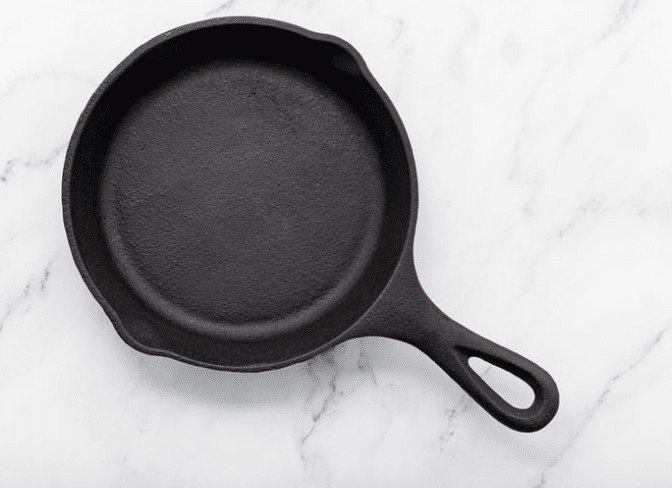
What Popular Cookware Has Been Linked to Health Risks?
Not all cookware is created equal. Here are some of the most commonly used materials that raise health concerns:

- Aluminum Cookware: A Neurotoxin Concern
- Why it’s concerning: Aluminum is a highly reactive metal that can leach into acidic or high-heat foods. Research suggests a potential link between aluminum exposure and neurodegenerative conditions like Alzheimer’s disease.
- What studies say: A 2023 study in the Journal of Agricultural and Food Chemistry found that aluminum cookware can release lead, nickel, and chromium into food, posing public health risks (NIH).
- Non-Stick (Teflon/PTFE) Cookware: Chemical Exposure Risks
- Why it’s concerning: Non-stick coatings, including polytetrafluoroethylene (PTFE), release toxic fumes when overheated.
- The bigger issue: Some older non-stick cookware contains perfluorooctanoic acid (PFOA), which has been linked to hormonal disruption and potential carcinogenic effects (The Times).
- Stainless Steel: A Hidden Source of Nickel and Chromium
- Why it’s concerning: Stainless steel can release nickel and chromium, which can cause allergic reactions or toxicity in sensitive individuals.
- What studies say: The EPA lists nickel compounds as potential carcinogens with long-term exposure risks (EPA).
Recommended Non-Toxic Cookware Options
Switching to safer cookware is a simple but impactful way to reduce toxin exposure. Here are some of the best non-toxic cookware brands:
- Caraway
- Material: Ceramic-coated aluminum (free from PTFE, PFOA, lead, and cadmium).
- Best for: Everyday cooking with a modern aesthetic.
- Lodge Cast Iron
- Material: Pre-seasoned cast iron.
- Best for: Long-lasting, chemical-free cooking.
- All-Clad Stainless Steel
- Material: High-quality stainless steel.
- Best for: Searing, sautéing, and professional-grade cooking.
- Our Place Always Pan
- Material: Thermakind® ceramic nonstick coating (PFAS, PFOA, lead, and cadmium free).
- Best for: Multi-purpose cooking with a stylish design.
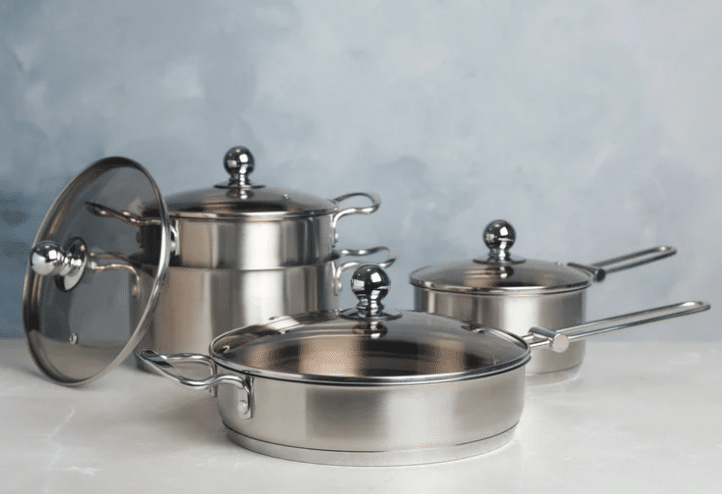
How Health Coaches Can Support Clients in Reducing Toxin Exposure
Understanding how environmental toxins affect health is a key part of functional medicine coaching. While switching to safer cookware might seem like a small change, it can have a meaningful impact on reducing toxin load.
Here’s how health coaches can help:
- Incorporate toxin reduction into wellness planning, emphasizing other ways to limit exposure (e.g., choosing organic foods, filtering water, and reducing plastic use).
- Educate clients about the risks of certain cookware materials and provide evidence-based recommendations.
- Encourage small, gradual changes, like swapping out one toxic pan at a time to make the transition more manageable.
- Guide clients on safe cookware brands and how to verify third-party testing for heavy metals and safety certifications.
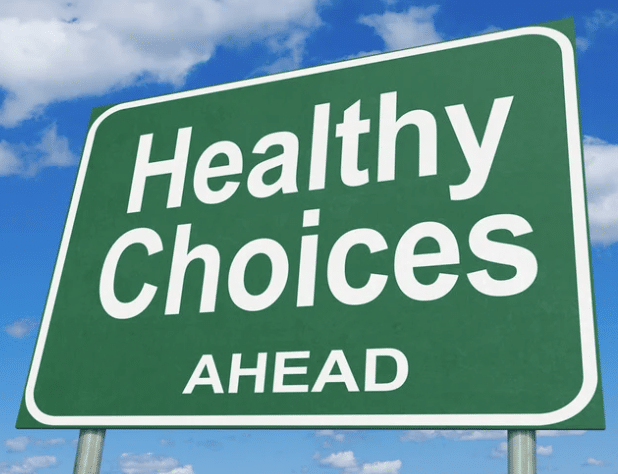
Final Thoughts
Cooking should nourish your body, not expose it to harmful toxins. While upgrading cookware takes time and investment, making informed choices can reduce long-term health risks.
Health coaches play a vital role in guiding clients toward safer, more sustainable kitchen habits. Small changes in the kitchen can make a big difference in long-term health!
Sources:
“Canaries in the Kitchen.” EWG, www.ewg.org/research/canaries-kitchen#.WdTot8lrzBI.
Kawahara, Masahiro, and Midori Kato-Negishi. “Link between Aluminum and the Pathogenesis of Alzheimer’s Disease: The Integration of the Aluminum and Amyloid Cascade Hypotheses.” International Journal of Alzheimer’s Disease, SAGE-Hindawi Access to Research, 8 Mar. 2011, www.ncbi.nlm.nih.gov/pmc/articles/PMC3056430/.
“Non-Toxic Cookware Guide: Healthiest Cookware: Safest Cookware.” Gimme the Good Stuff, 12 July 2019, https://gimmethegoodstuff.org/safe-product-guides/cookware/.
Patiry, Megan. “10 Toxins Lurking in Your Cookware (& How to Avoid Them).” Paleo Blog, 15 May 2019, https://blog.paleohacks.com/toxins-in-cookware/#.
United States, Congress, “Nickel Compounds.” Nickel Compounds, Environmental Protection Agency, Sept. 2016. www.epa.gov/sites/production/files/2016-09/documents/nickle-compounds.pdf.
Our Latest Blogs
-

Would You Be a Good Health Coach?
Read Full Article: Would You Be a Good Health Coach? -

Food Sensitivity Testing 101: Supporting Clients with Inflammation and Gut Issues
Read Full Article: Food Sensitivity Testing 101: Supporting Clients with Inflammation and Gut Issues -
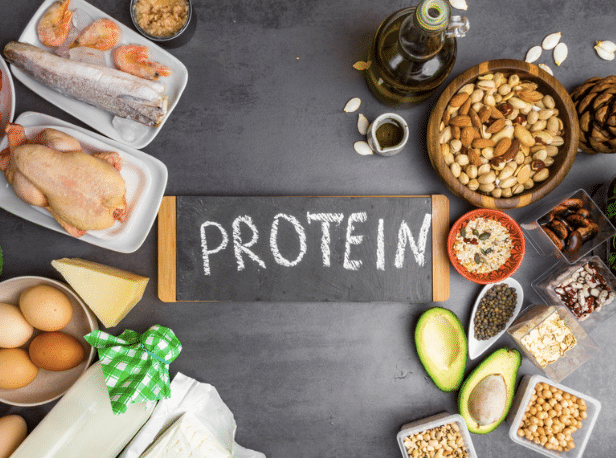
Protein 101: The Health Coach’s Guide
Read Full Article: Protein 101: The Health Coach’s Guide

